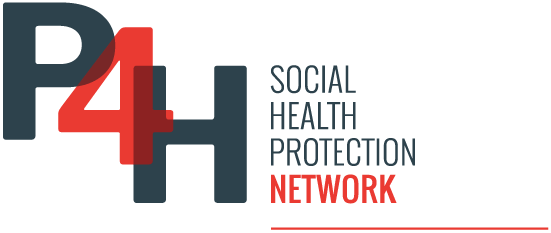
Optimizing essential medicines lists to improve health and save costs
Many countries waste health resources by not systematically updating their essential medicines lists. Evidence-based reviews—like Uganda’s, which found savings from smarter diabetes drug choices—can improve access, equity, and health outcomes while freeing funds for...

Estonia to Revise Health Funding Model and Expand Preventive Care
Estonia’s Health Insurance Fund plans 2026 reforms to make health funding fairer and more efficient, linking family doctor payments to patient illness and regional needs. It will cut lab budgets, expand preventive screenings and mental health coverage, and add new...

ADB strengthens healthcare and development support for Azerbaijan with new UHC initiative
ADB is launching the UHC PEERS network, investing $495,000 to help 43 countries—including Azerbaijan—share expertise, boost digital health tools, and improve UHC progress. The initiative addresses stalled UHC gains, urgent post-COVID gaps, and encourages private...
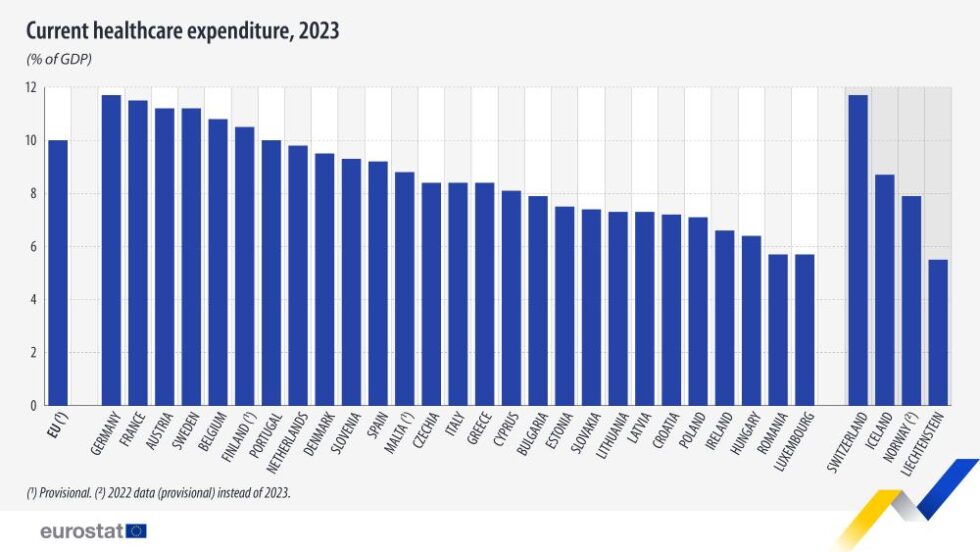
New data highlights wide gaps in EU health expenditure
EU healthcare spending reached €1.72 trillion in 2023 (10% of GDP). Germany led in total and share of GDP, while per-capita spending rose across all countries, with Romania seeing the fastest growth.Eurostat data released on November 2025 shows that healthcare...
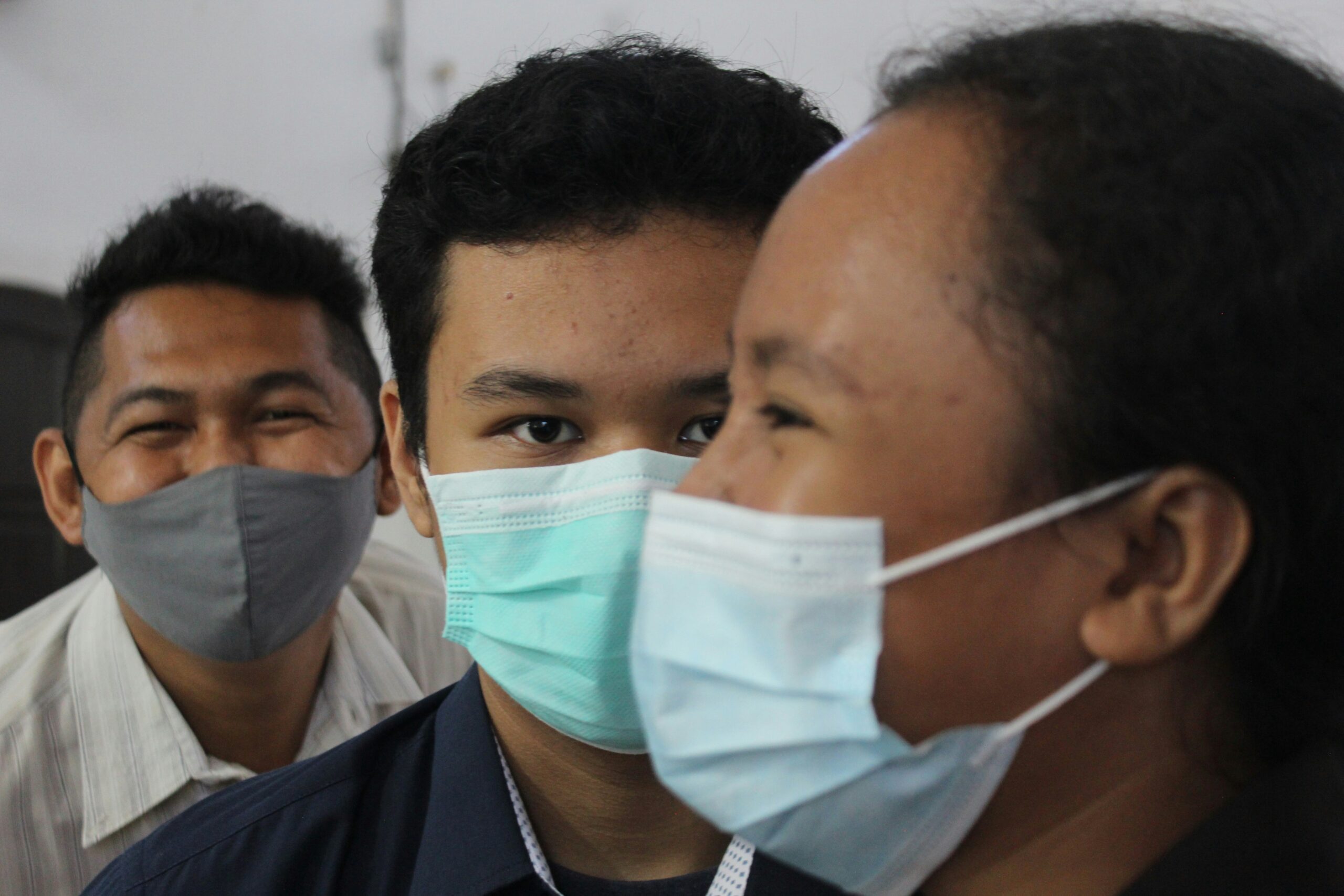
Vietnam to add annual health checks to universal insurance benefits in 2026
Vietnam plans to offer free annual health checks for all citizens from 2026 to boost preventive care. The proposal, tied to Resolution 72, includes expanded insurance coverage, staff incentives, and flexible funding using state and employer contributions. Lawmakers...

Armenia Advances Public Health with Tougher Tobacco Laws and Universal Health Insurance
Armenia’s tougher tobacco control laws and upcoming universal health insurance reform are designed to work together to reduce disease and protect families from catastrophic medical costs. Armenia’s First Deputy Health Minister, Lena Nanushyan, said the country’s new...

Japan’s nursing care costs surge to record ¥11.9 Trillion in fiscal 2024
Japan's nursing care costs reached ¥11.9 trillion in fiscal 2024, rising ¥424.2 billion year-on-year. Nursing care recipients increased to 5.73 million while preventive care recipients rose to 1.30 million. In-home care support remains the most utilized service....
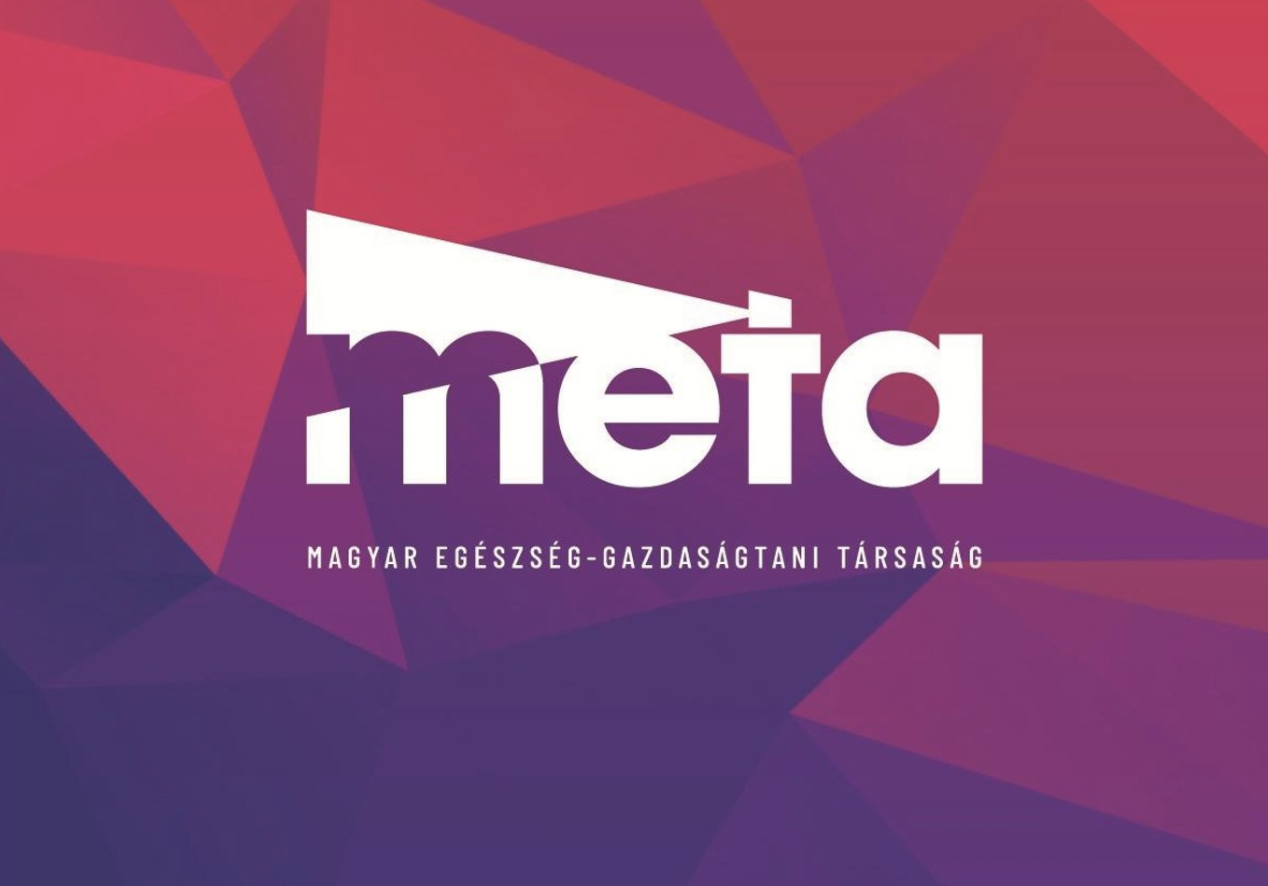
Resource Creation and Allocation in the Transformation of Hungarian Healthcare Financing: Event Summary
The Hungarian conference on healthcare financing examined reforms in pharmaceutical policy, resource allocation, and digital transformation. Experts highlighted economic constraints, workforce shortages, and poor health outcomes. Key discussions included AI...
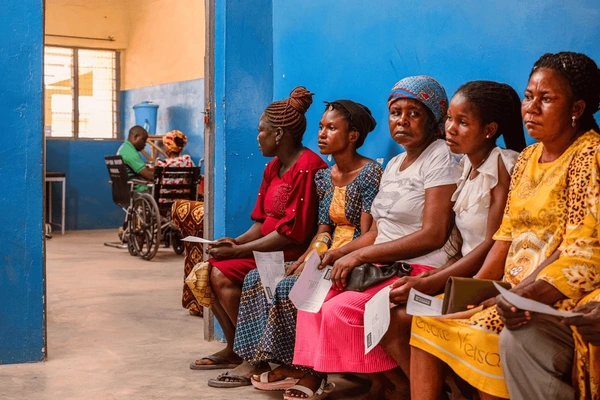
Experts warn global funding cuts threaten progress in reproductive health
Experts at the Family Planning 2030 conference warned that global aid cuts, led by the U.S., threaten decades of progress in reproductive health and access to contraception worldwide. At the International Conference on Family Planning in Bogotá, experts warned that...
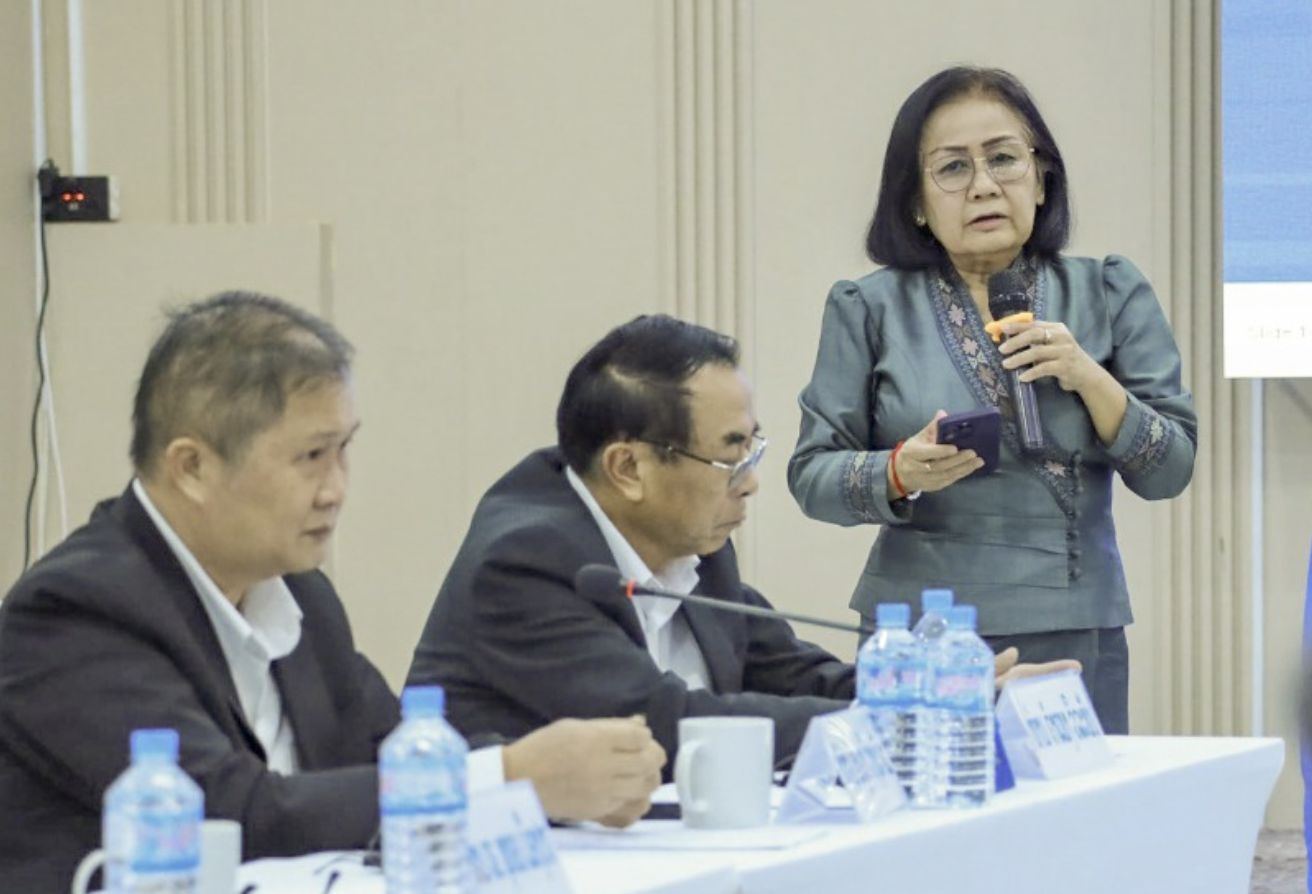
National Assembly Advances Dialogue on Sustainable Health Financing in Laos
The National Assembly of Laos held a workshop on financing primary health care and immunization with the Ministry of Health and partners. Participants addressed funding gaps, urged stronger coordination and budget reforms, and supported domestic financing of at least...
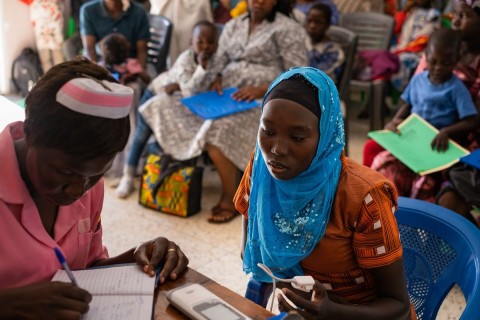
New WHO guidance to help countries navigate health financing crisis
WHO released new guidance to help countries address severe global health financing cuts, urging stronger domestic investment, efficiency, and equity to sustain essential services and progress toward UHC. The World Health Organization (WHO) has released new guidance to...
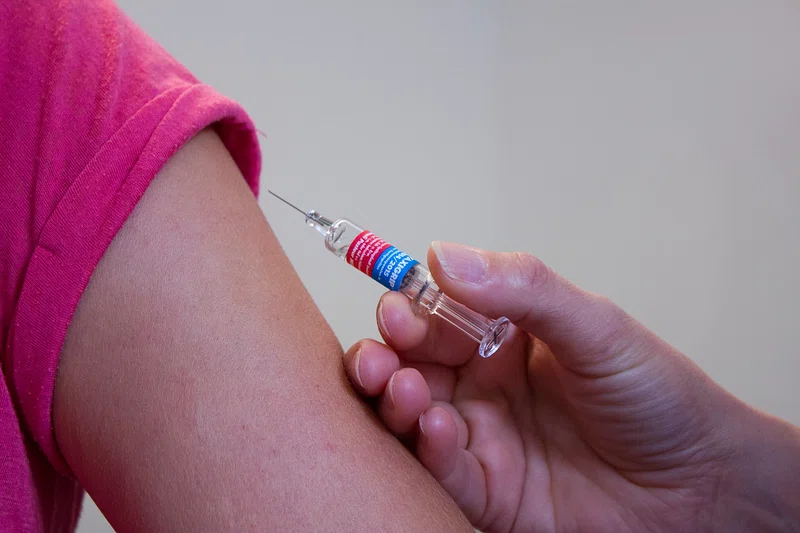
G20 2025: Global Leaders Unite to Advance Equity in Tuberculosis Vaccine Access
Tedros Adhanom Ghebreyesus and Pakishe Aaron Motsoaledi urge G20 nations to ensure equitable, affordable access to new TB vaccines, marking a key step toward ending the epidemic by 2030. At the G20 Health Ministers’ meeting in Limpopo, South Africa, on November 6,...
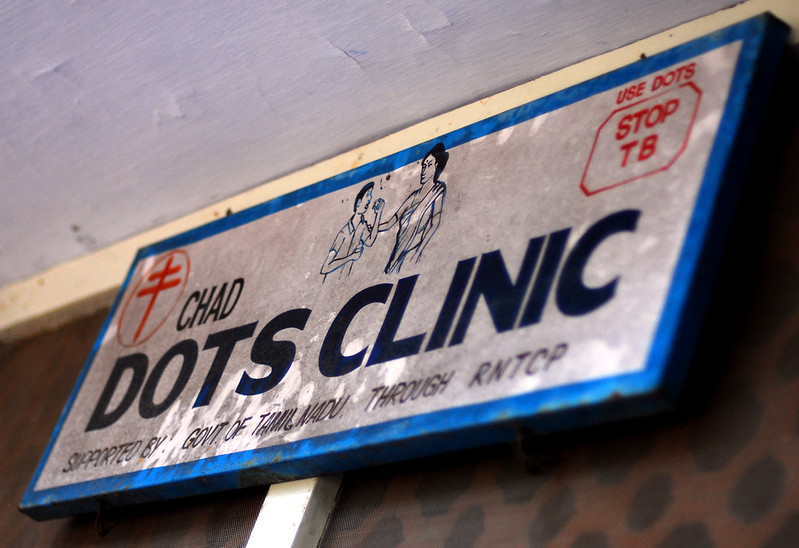
Financing, not technology, is now the missing piece in ending tuberculosis
Health ministers from Indonesia, Nigeria, the Philippines, and South Africa call for domestic financing and innovative funding models to close the gap in the global fight against tuberculosis.In a joint opinion published by Devex, the health ministers of Indonesia,...
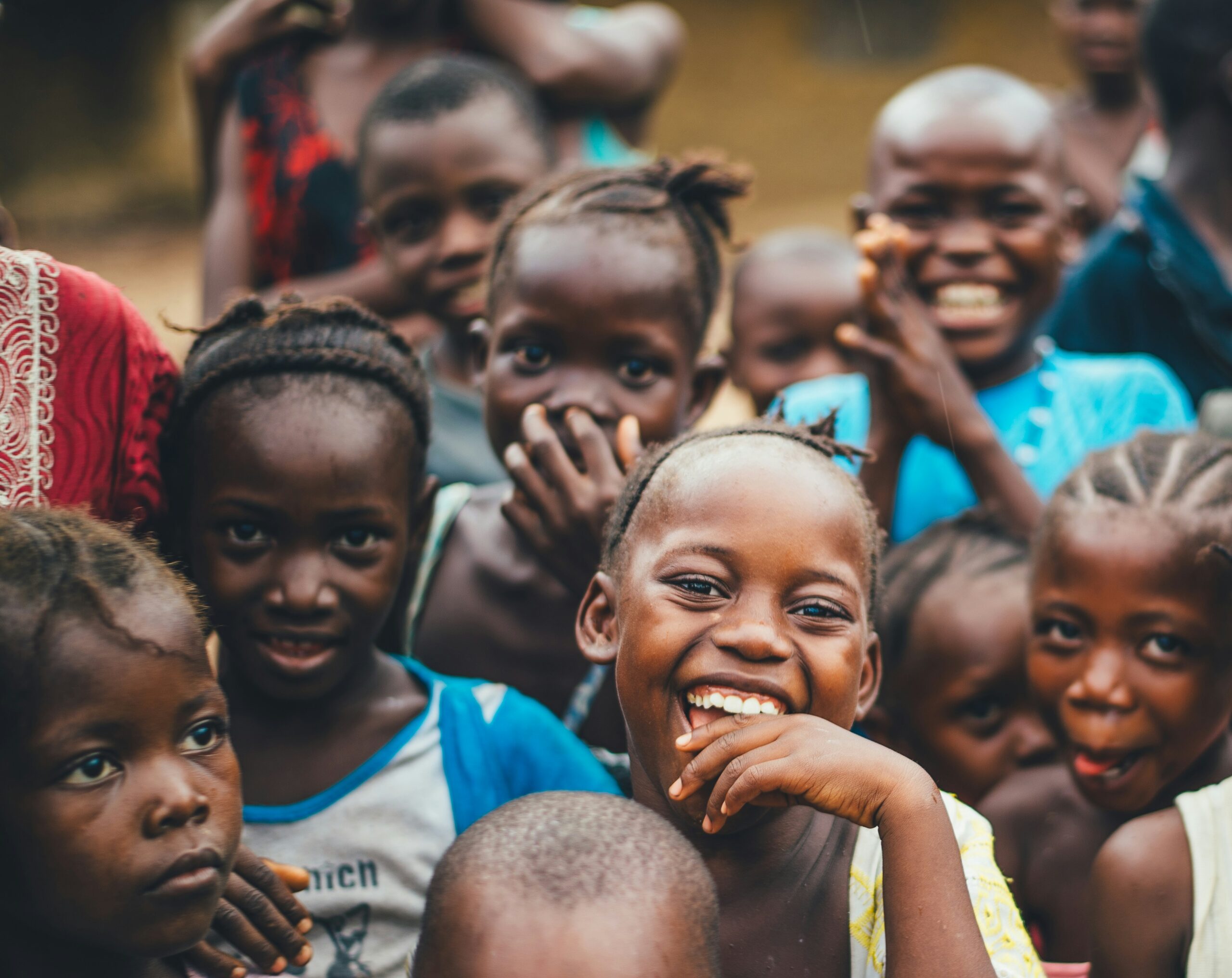
The Durban Promise – Moving Toward Self-Reliance to Achieve Universal Health Coverage and Health Security in Africa
The 4th International Conference on Public Health in Africa (CPHIA 2025) emphasized health sovereignty as essential for Africa’s economic and security future amid rising health emergencies and shrinking external funding. Under the theme “Moving Toward Self-Reliance,”...
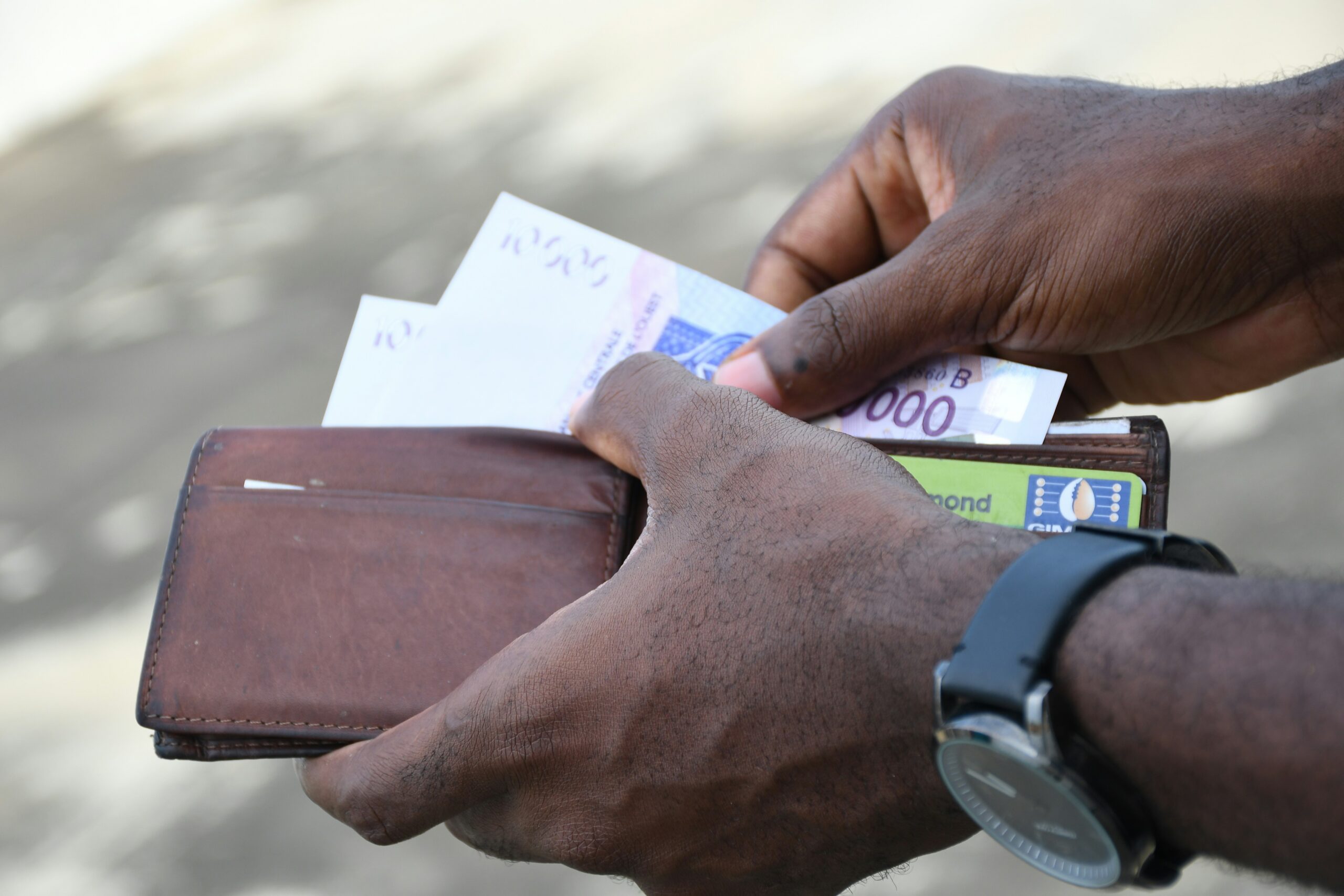
DA raises concerns over NHI funding plan and implementation challenges in South Africa
The DA criticised Health Minister Dr. Aaron Motsoaledi for failing to present a detailed NHI costing or consult Treasury. They warned his funding proposals and lack of accountability risk corruption and failure, citing the oxygen plant tender scandal. The DA urged...
